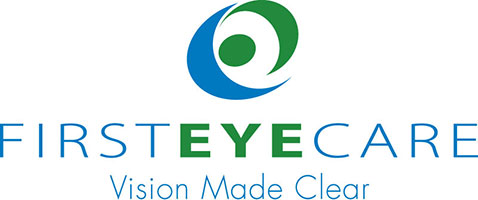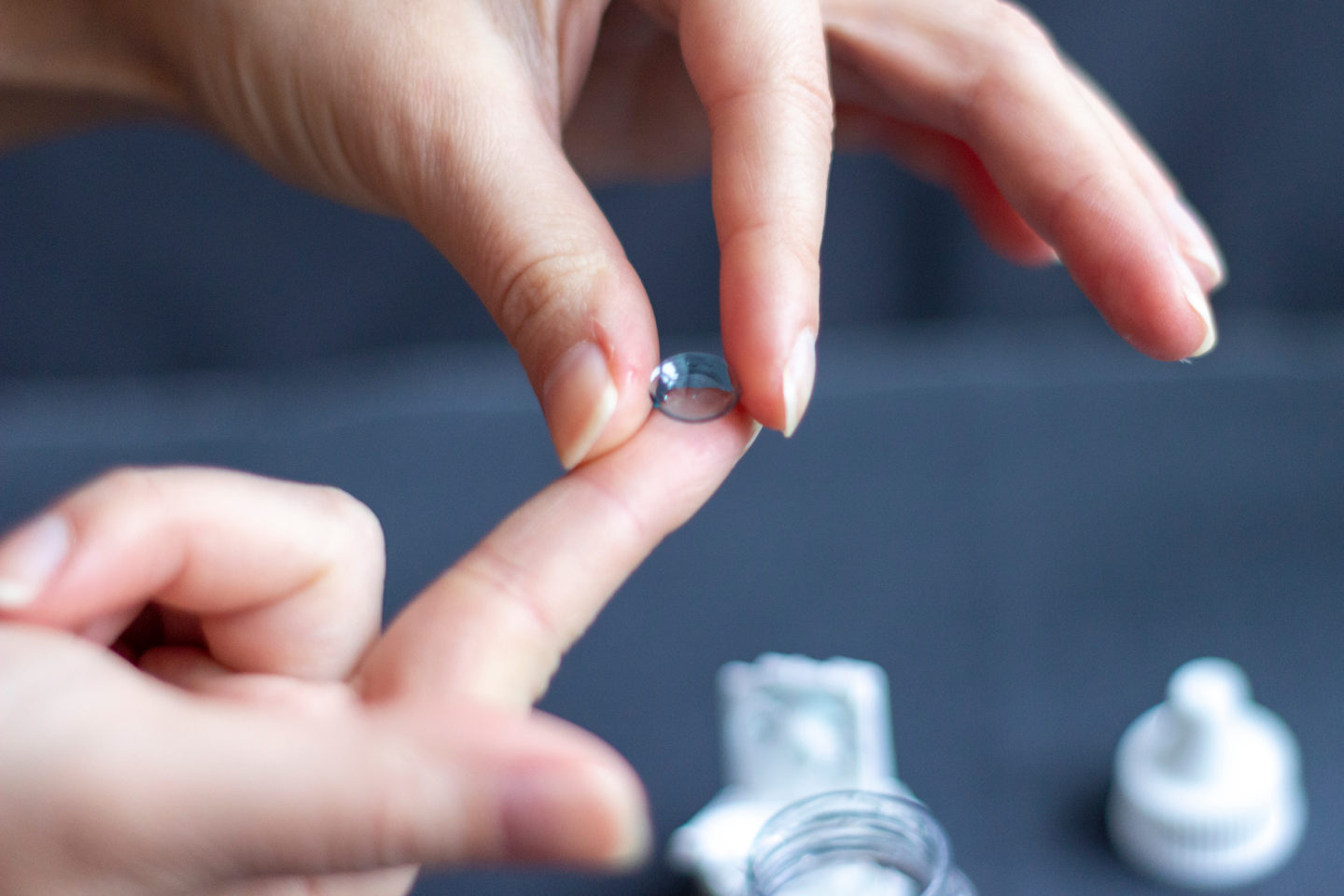Ortho-K Helps Treat Myopia and Other Refractive Errors
Millions of Americans suffer from refractive errors. These errors often lead to blurry or distorted vision, making it difficult to complete even the simplest of tasks. Reading, writing, and driving a car all become difficult. Depending on the refractive error, you might struggle to see up close or far away.
From nearsightedness (myopia) and farsightedness (hyperopia) to astigmatism, refractive errors can be a nuisance. Fortunately, for those with these errors, there are plenty of treatment options available to improve your situation. While glasses and contact lenses are commonly used to treat most refractive errors, orthokeratology (ortho-k) is particularly a fascinating option.
Ortho-k works much differently than glasses and contacts. Instead of correcting your vision while you use them, ortho-k makes changes to your eyes to ensure you have clear vision throughout the day. Many people suffering from poor vision can find relief in orthokeratology.
First Eye Care DFW understands how frustrating living with poor vision can be. It can make even the simplest of things seem challenging. Fortunately, our eye care experts have years of experience treating a host of vision problems and conditions. We use treatments such as orthokeratology to correct their vision. Contact First Eye Care DFW and let us help you see clearly again.
What is a Refractive Error?
The cornea and lens of the eye are responsible for helping your eye focus. For those with refractive errors, the shape of the eye keeps them from seeing clearly. A regular eye typically has a round shape. This shape is what allows the eye to focus and see clearly.
However, refractive errors cause the eye to have an irregular shape, often either longer or shorter than normal. This irregular shape causes the light that passes through the eye to bend in one direction over the other, causing it to unevenly focus on the retina at the back of the eye, which leads to blurred or distorted vision.
Common refractive errors include:
- Nearsightedness (Myopia): You have clear vision up close but struggle to see things in the distance.
- Farsightedness (Hyperopia): You have clear vision seeing things in the distance but struggle to see things up close.
- Astigmatism: Problems with focus due to an irregularly shaped cornea or lens.
- Presbyopia: Problems with focus due to aging.
At their core, refractive errors are the result of irregularly shaped eyes that redirect light unevenly on your retina, which leads to blurry vision.
How Does Ortho-K Work?
As we stated earlier, there are plenty of ways to correct vision issues caused by refractive errors. However, in certain circumstances, eye doctors will decide to use orthokeratology (ortho-k).
Ortho-k might be a foreign concept to many people. After all, more than 150 million Americans wear corrective eyewear, such as eyeglasses and contacts, to compensate for their refractive errors. Ortho-k typically helps with myopia, but it can also help with astigmatism and hyperopia.
This non-surgical treatment method works by creating specially designed and fitted gas permeable contact lenses that reshape the curvature of the eye.
Your eye doctor will use a corneal topographer to measure the surface of your eye to help them create a lens specifically for you. This machine shows your doctor the shapes and curves of your eye, providing them with the information they need.
You wear these contacts while you sleep. When on, these lenses gently reshape the surface of your eye by flattening the cornea. When the cornea is flattened, it allows light to focus on the retina evenly, giving you clear vision. You have to remove the contacts when you wake up.
These lenses are rigid and are gas permeable, meaning they allow oxygen to reach your eyes and keep them healthy. Orthokeratology provides you with corrected vision without needing to rely on eyeglasses or contacts throughout the day.
Once removed, your cornea stays flattened for a while, giving you corrected vision. However, this correction is not permanent. If you stop wearing these contacts overnight, your refractive error will return, as will your vision issues.
What Can I Expect from Ortho-K?
Unlike glasses and contacts, it takes time to experience clear vision with orthokeratology. While glasses and contacts provide you instant vision correction, ortho-k take time to reshape your eye.
It can take almost two weeks to obtain the maximum vision correction from this treatment. However, some people may experience clear vision after just a few days. It all depends on how advanced or how significant your refractive error is when you start ortho-k.
Eye care professionals try to provide you with 20/20 vision. However, 20/40 vision (the legal minimum to drive in most of the U.S) is considered an acceptable outcome, as well.
It takes time for your eyes to adjust to the treatment. You might notice blurred vision and even glare and halos around light until your vision is corrected. In some cases, you may still need to wear your glasses (although at a lesser prescription than before).
Is Ortho-K Safe?
While orthokeratology is an effective treatment for some refractive errors, it does come with an increased risk of eye infections. Nearly a million Americans visit the doctor for eye infections. Contact lens use is the greatest risk factor for eye infections. If you are not careful, these infections can permanently damage your eyes and cause vision loss.
If your eyes stay healthy and comfortable, you can use ortho-k for years. Regardless, discuss orthokeratology with your eye doctor before you commit.
When it comes to comfort, it may take time for your eyes to adjust. You’ll likely notice the presence of these lenses on your eyes until you fall asleep. With time, you will get used to their fit.
Your vision is an essential part of everyday life. You need your sight to drive, read, write, cook, clean, and so much more. Unfortunately, the world is full of eye conditions that threaten your vision. Refractive errors are common and lead to poor vision. However, treatments like orthokeratology can prove an effective treatment method.
Are you interested to see if ortho-k is right for you? Give First Eye Care DFW a call today to schedule your next appointment!



